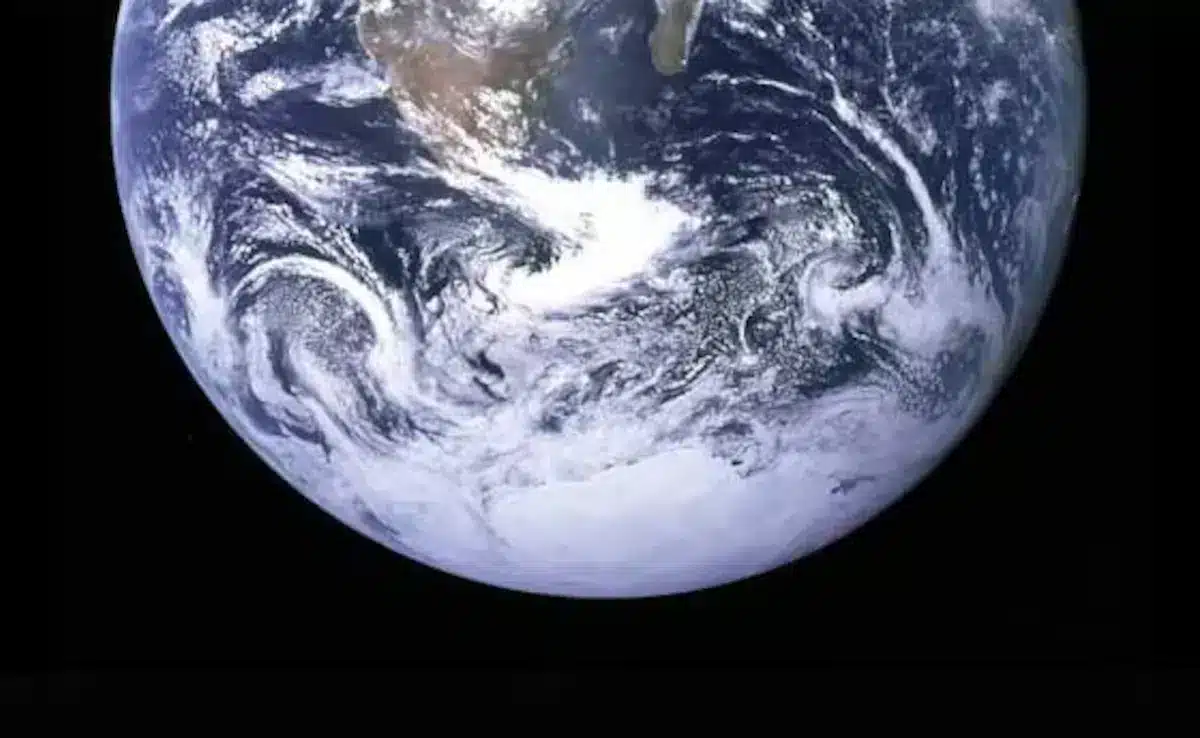New Research Suggests Life’s Emergence May Be Common

Recent research challenges the long-held belief that intelligent life is a rare occurrence in the universe. A new model indicates that the evolution of life on Earth was significantly influenced by changing geobiological conditions rather than a series of improbable events. This perspective suggests that the emergence of Homo sapiens was not an anomaly but a natural outcome of environmental factors aligning at the right time.
Study Challenges ‘Hard Steps’ Theory
A groundbreaking study published in Science Advances has called into question the traditional “hard steps” theory of evolution. This theory, originally proposed by Australian physicist Brandon Carter, posited that the development of intelligent life required overcoming numerous improbable evolutionary hurdles. The research team, led by Dan Mills from the University of Munich, alongside Jennifer Macalady from Penn State University and astrophysicists Adam Frank and Jason Wright, argues that planetary conditions were pivotal in shaping the timeline of life’s evolution.
The study revisits five significant transitions in the history of life, including the emergence of eukaryotic cells, the rise of atmospheric oxygen, the development of multicellular organisms, and the eventual appearance of Homo sapiens. The researchers contend that these evolutionary milestones were not merely the result of chance but were instead dictated by Earth’s dynamic environmental changes. This new understanding shifts the focus from the rarity of life to the conditions necessary for its development.
Planetary Conditions Dictated Evolutionary Timeline
The research highlights key planetary changes, such as the delayed oxygenation of Earth’s atmosphere, as evidence that evolution was not a random process. Cyanobacteria, which played a crucial role in producing oxygen, could only thrive under specific conditions that emerged approximately 2.4 billion years ago. Furthermore, the oxygen levels necessary for complex life forms became available around 400 million years ago, coinciding with the eventual rise of intelligent species.
Experts suggest that if life on Earth had to wait for optimal environmental conditions, similar constraints could apply to the emergence of life on other planets. This insight shifts the debate from whether life is a rare phenomenon to how planetary environments influence the potential for life to evolve. While the question of whether intelligent life is prevalent in the universe remains unanswered, this research challenges the notion that its development hinges on a series of unlikely events.
Unanswered Questions Remain
Despite the promising findings of this study, significant questions linger regarding the origins of life and the uniqueness of biological evolution. The research opens new avenues for exploration into how life might arise under varying planetary conditions. As scientists continue to investigate these complex interactions, the implications for our understanding of life beyond Earth could be profound.
Observer Voice is the one stop site for National, International news, Sports, Editor’s Choice, Art/culture contents, Quotes and much more. We also cover historical contents. Historical contents includes World History, Indian History, and what happened today. The website also covers Entertainment across the India and World.

